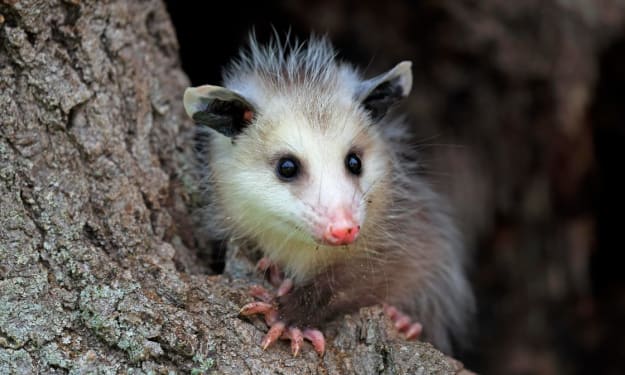Climate change and indigenous peoples
How are indigenous peoples being affected by climate change? How can we support indigenous communities in their efforts to adapt to climate change?

Climate change is having a disproportionate impact on indigenous peoples. Indigenous peoples are often the first to be affected by climate change, and they are also the least able to adapt to its impacts.
Here are some of the ways that climate change is affecting indigenous peoples:
Loss of land and resources: Climate change is causing the loss of land and resources that are essential to the livelihoods of indigenous peoples. For example, rising sea levels are threatening coastal communities, and droughts are drying up rivers and lakes. Destruction of ecosystems: Climate change is destroying ecosystems that are important to indigenous peoples for their food, medicine, and culture. For example, the melting of glaciers is threatening the habitats of plants and animals that are important to indigenous peoples in the Arctic.
Increased conflict: Climate change is increasing conflict between indigenous peoples and other groups, as they compete for scarce resources. For example, the conflict between farmers and herders in the Sahel region of Africa is being exacerbated by climate change.Health impacts: Climate change is causing a range of health impacts, such as heat stress, respiratory problems, and waterborne diseases. These health impacts are disproportionately affecting indigenous peoples, who are often already vulnerable to ill health.
Loss of culture: Climate change is threatening the cultures of indigenous peoples, as they are forced to abandon their traditional ways of life. For example, the Inuit people of the Arctic are being forced to move away from their traditional homes due to climate change.
There are a number of things that can be done to support indigenous communities in their efforts to adapt to climate change:
Respect their rights: Indigenous peoples have the right to self-determination and the right to their traditional lands and resources. These rights must be respected in order to support indigenous communities in their efforts to adapt to climate change.
Provide funding: Indigenous communities need funding to help them adapt to climate change. This funding can be used to develop new technologies, build infrastructure, and provide training.
Involve them in decision-making: Indigenous communities must be involved in decision-making about climate change. This will ensure that their needs and priorities are taken into account.
Promote their knowledge and practices: Indigenous peoples have a wealth of knowledge and practices that can be used to adapt to climate change. This knowledge and practices should be promoted and shared.
Climate change is a serious threat to indigenous peoples, but it is not insurmountable. By working together, we can support indigenous communities in their efforts to adapt to climate change and build a more sustainable future for everyone.
Here are some additional things to consider:
The importance of indigenous knowledge: Indigenous peoples have a deep understanding of their environment and have developed traditional practices that help them to adapt to change. This knowledge and practices can be a valuable resource in the fight against climate change. There are a number of ways to provide funding to indigenous communities. One way is through government grants and programs. Another way is through private donations and corporate partnerships.
It is important to ensure that funding is distributed equitably and that it is used to support projects that are beneficial to indigenous communities.
The need for international cooperation: Climate change is a global problem that requires a global solution. We need to work together to support indigenous communities and to ensure that their rights are respected.This means that indigenous communities must be consulted about climate change policies and programs, and that they must have a say in how climate change funds are spent.
It is also important to ensure that indigenous communities have the capacity to participate in decision-making. This may require providing them with training and support.
The importance of education and awareness: People need to be educated about the impacts of climate change on indigenous peoples. This will help to raise awareness and support for the need to take action.This can be done through education and awareness campaigns, as well as through research and development initiatives.
It is important to ensure that indigenous knowledge and practices are respected and that they are not appropriated by others.





Comments
There are no comments for this story
Be the first to respond and start the conversation.